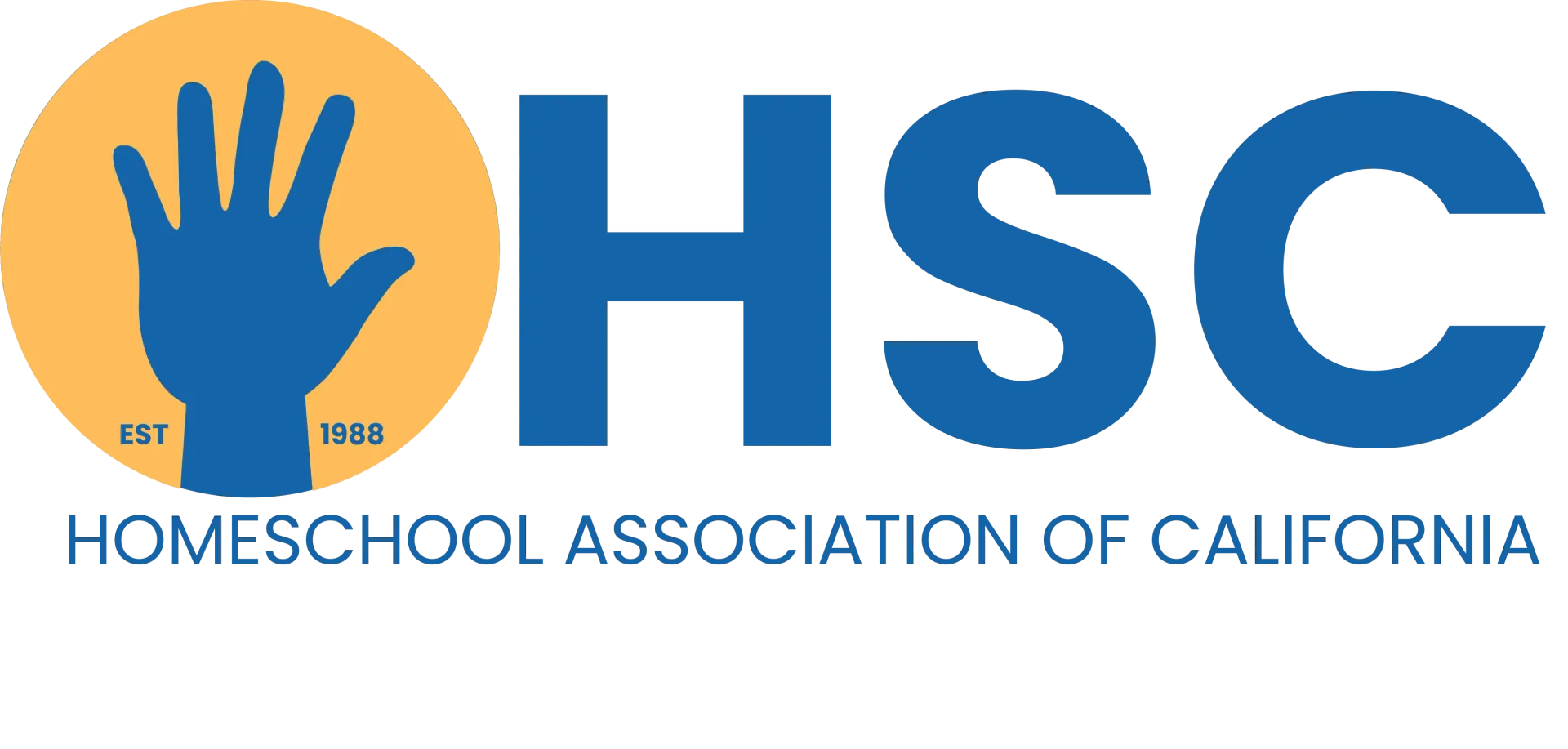Learning Science
Of all the subjects we study in school, science is one of the most useful and one of the most neglected. It is one of the most useful because it explains how the natural and physical world, including our own bodies, works. It determines many of the practical decisions we make each day, and is indeed as integral as language in our daily lives. It is neglected by habit, perhaps, because it is often taught in a way that makes it feel inaccessible without a college degree. Even though we give lip service to the importance of learning science, it is still sometimes viewed as an ancillary subject.
If you do not understand the basic fundamentals of science, you are relying on someone else’s interpretation of what the data means - something no good scientist would be happy about. It is alarming how many people do not understand the science behind basic issues, even the ones that directly relate to their health. Because of this, many scientific issues have become politicized. The process with these every- day issues would work differently if the dialogue went more like this: “These were the experiments conducted, this was what we observed, and based on our observations these are our conclusions. What do you conclude from this data?”
Science is best taught with an emphasis on foundational fundamentals, allowing students to understand the underlying principles that form the basics of scientific knowledge. Without a firm foundation and grasp of the fundamentals, we cannot come to a deep and nuanced understanding of the topics that science deserves. Teach- ing theory, paired closely with experiments that investigate and give insight into theory, provides a more comprehensive approach. When that is done, students will be competent at implementing science practices, interpreting data and forming their own conclusions.
Recommendations for learning science:
Start early.
Can you imagine starting to learn math or language in high school? There are so many parts to these subjects, and science is no different in depth or complexity. A high school student may learn the subjects faster and retain more, but coming to a deep and nuanced understanding of the material isn’t as likely. Take foreign language as an example. If you overhear a conversation in a language that you don’t speak, you will most likely notice it and tune it out. If you know a few words in that language, the experience is different. You will recognize the language, listen to the conversation, try to figure out what they are saying and you might even engage in the conversation. It is similar with science. If you have no knowledge of it, you may tune it out. If you have some knowledge, you have hooks into that subject, and you will engage and interact with it.
Focus on the fundamentals.
An important aspect of learning science is learning how to use the scientific method. Using the scientific method depends on knowing the basic facts of science.
Learn each discipline as a single subject. When children learn science by a grab-bag approach to random facts, they are unable to make connections between disciplines. A better approach is to expose the child to a cohesive body of fundamental knowledge, approaching each subject or discipline thoroughly and separately
Rely on one or more good textbooks.
Every area of science has a lot of information to it. It helps to have a guide to help you figure out the scope and sequence of the material to cover. Choose texts that are comprehensive and do not skip over the basics, introducing advanced topics with a focus on the fundamentals. I do not think it matters which area of science you start with.
Carefully pair theory with labs and activities.
This enhances an understanding of the scientific method and science learning. It demonstrates through use and practice how hypotheses are formed and conclusions determined based on facts already known and the data from lab work.
Try the accompanying experiment.
This experiment shows a pairing of theory with an activity, leading to a better under- standing of the topic than either learning strategy alone would give. Then take this knowledge gained and see if it applies to issues people may be facing today.


